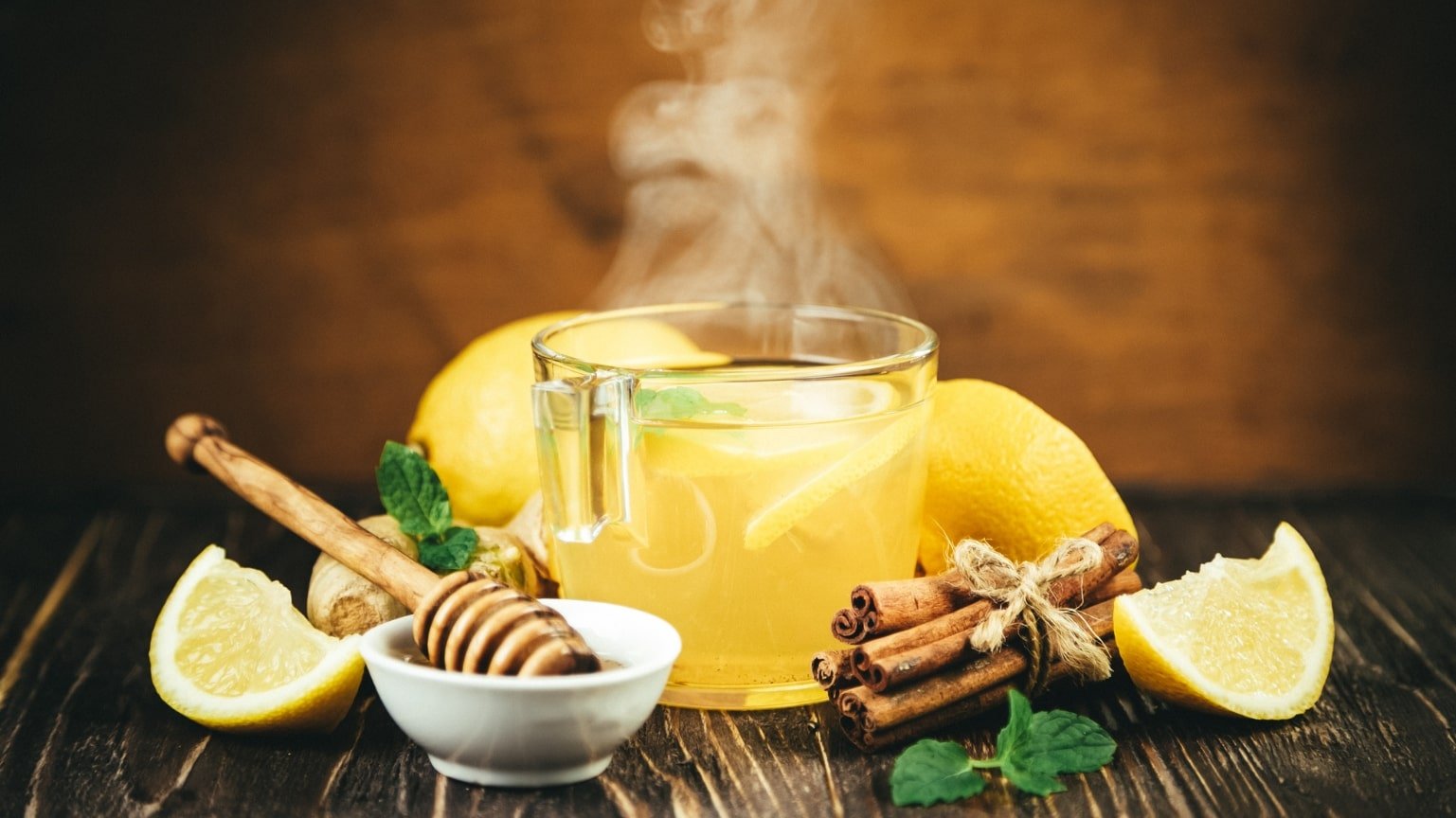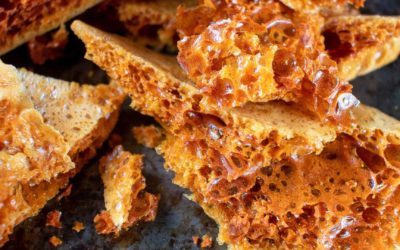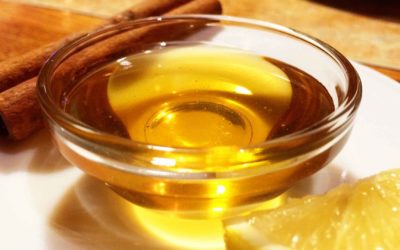
Honey, often dubbed “liquid gold” for its myriad health benefits and delightful sweetness, has been a cherished natural remedy and sweetener for centuries. Many people enjoy a warm cup of honey and hot water as a soothing and healthful beverage. However, a common concern that often arises is whether adding honey to hot water can be toxic. Let’s delve into this topic and uncover the sweet truth.
is it Harmful to add Honey to Hot Water?
Adding hot water to honey is not toxic as long as the water is not boiling. In fact, honey is often added to warm or hot water to create soothing drinks, such as honey tea or honey water. Honey is a natural sweetener, and when mixed with warm water, it can create a comforting and flavorful beverage.
However, it’s crucial to avoid adding honey to water that is boiling or extremely hot. Exposing honey to very high temperatures can potentially lead to the breakdown of some of its natural sugars and other compounds, which may affect its flavour and nutritional properties. Additionally, consuming extremely hot liquids can be harmful to your mouth and throat.
To enjoy honey in hot water safely, follow these guidelines:
- Use Warm Water: Heat the water to a comfortable drinking temperature, but avoid boiling it. Water that is slightly cooler than boiling is alright.
- Let It Cool: After mixing the honey into the warm water, allow the beverage to cool down to a temperature that is safe to drink. This ensures that you can enjoy it without burning your mouth or throat.
- Choose Raw Honey Carefully: If you’re using raw honey and want to preserve its raw qualities, use water that is comfortably warm but not excessively hot. Raw honey enthusiasts prefer to avoid high heat to retain as many of honey’s natural enzymes and antioxidants as possible.
Adding warm water to honey is a common and safe practice, resulting in delicious and soothing beverages. Just be mindful of the water temperature to ensure a safe and enjoyable experience.
How Does Temperature Affect Raw Honey?
Raw honey is a natural and minimally processed product that is generally resilient to temperature variations. However, exposing raw honey to excessively high temperatures can lead to some changes and potential degradation in its quality. Here’s what you need to know about how temperature can affect raw honey:
- Crystallization: Raw honey has a natural tendency to crystallize over time. Crystallization is when the sugars in honey form solid crystals, giving it a thicker, grainy texture. This process is temperature-dependent, and honey is more likely to crystallize at cooler temperatures. However, crystallization is not a sign of honey going bad; it’s a natural characteristic.
- Recovery: If your raw honey has crystallized due to cooler temperatures, you can gently warm it to return it to its liquid state. To do this, place the honey container in a warm water bath with temperatures not exceeding 95°F (35°C). Avoid using a microwave, as it can overheat and damage the honey.
- Heat Damage: While moderate heating of raw honey is generally safe and may even help liquefy crystallized honey, exposing it to high temperatures can be detrimental. Prolonged exposure to heat can cause the honey to lose some of its natural enzymes, antioxidants, and aroma. Additionally, it can alter the flavour profile and darken the colour of the honey.
- Avoid Boiling: Boiling raw honey is not recommended, as it can cause significant damage to its nutritional and flavour properties. The high temperatures can break down the natural sugars and other compounds in honey, reducing its overall quality.
- Storage: To preserve the quality of raw honey, it’s advisable to store it in a cool, dry place, away from direct sunlight and extreme temperature fluctuations. Storing honey at temperatures between 50°F to 70°F (10°C to 21°C) is ideal to slow down the crystallization process.
Raw honey is generally resilient to temperature changes, but it’s best to avoid exposing it to high heat, especially boiling. Crystallization is a natural process that does not affect the safety or quality of honey. Proper storage and gentle warming can help maintain the quality of your raw honey over time.
Precautions to Keep in Mind
While adding honey to hot water is generally safe, there are a few precautions to keep in mind:
- Moderation: Avoid using excessive amounts of honey, especially if you have concerns about blood sugar levels or calorie intake.
- Raw Honey: Raw, unprocessed honey is preferred for its potential health benefits. However, it may contain certain particles or pollen that can crystallize when exposed to cold temperatures. If you prefer a liquid consistency, it’s perfectly fine to gently warm the honey in lukewarm water, but avoid high heat.
- Infant Safety: Never give honey, whether in hot water or any other form, to infants under one year of age. Honey can occasionally contain spores of Clostridium botulinum, which can be harmful to infants with immature digestive systems.
Conclusion
The notion that adding honey to hot water can turn it toxic is a misconception. While heat can impact some of the components in honey, it remains a safe and healthful addition to warm beverages. The potential degradation of beneficial components in the honey does not make honey toxic. So, go ahead and enjoy your cup of honey in warm water, savouring both the sweet taste and the potential health benefits it offers. Check out and buy our range of raw honey today!




